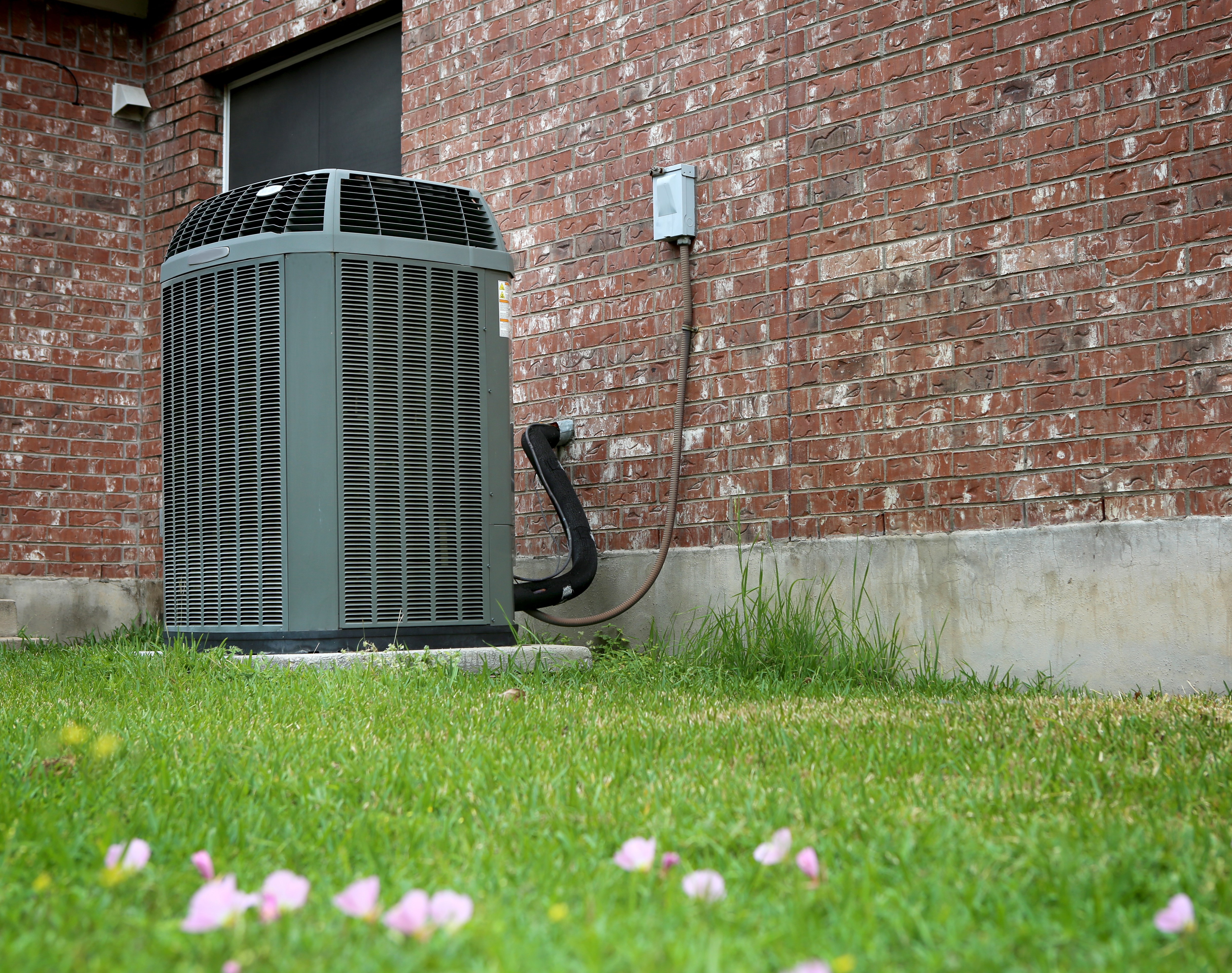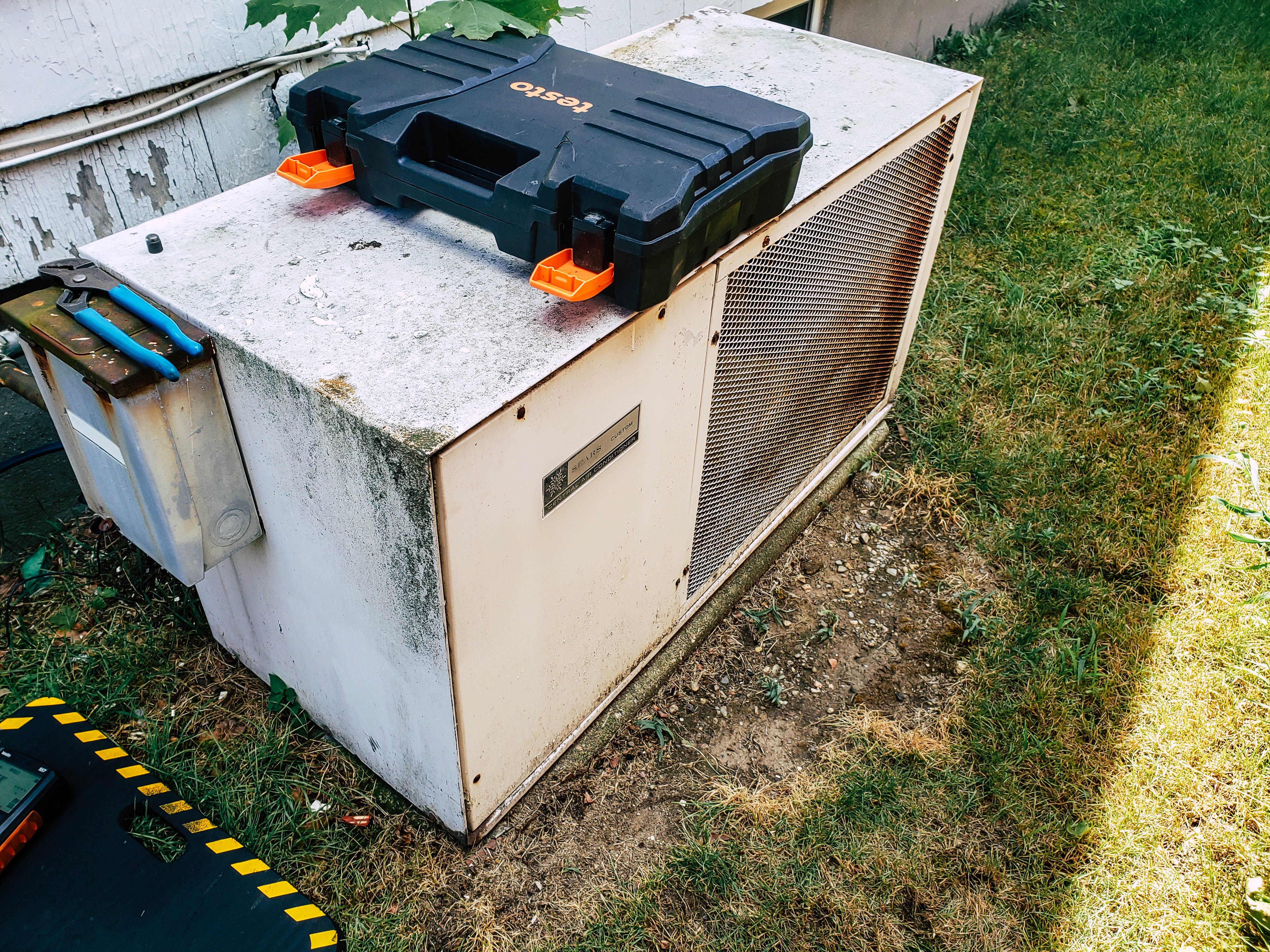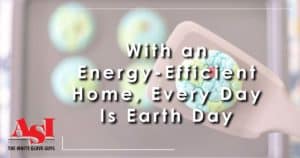Ken: Last week I wrote an article about purchasing versus leasing solar for your home. Reader, Berry, responds.
Berry: The recent Union Tribune ‘Ask the Expert’ discussed reasons why someone might wish to purchase a home solar installation. I agree it’s a good idea (I bought one) but I think the rationale presented is weaker than it might be because a solar investment is just that, an alternative to an investment such as a mutual fund or a bond. When viewed in that light its advantages are enormous. Finding a tax-free annual return of even 5% is not easy and at a more realistic level of 10% or more, there are no such animals. Finding any investments that pays comparable returns and is for all practical purposes risk-free is similarly impossible. But people – for reasons I don’t understand – think in terms of “When will I make my money back from a solar investment?” People don’t do that when buying a CD or investing in a stock that pays a dividend. If you lined up two groups, Corporate Bonds, Government Bonds, 401Ks and Mutual Funds in Group 1, with New Car, Kitchen Remodeling, Swimming Pool, Expensive Audio System in Group 2 – – most people would say that a solar system belonged with Group 2. It’s that mindset that needs to be broken.
Solar panels are sometimes evaluated in terms of ROI. That is, a prospective buyer might ask, “How many years of operation will be required to pay back the initial investment?” While an ROI analysis is appropriate for some investments, you may find that a more straight forward evaluation can be obtained by comparing a solar panel investment with other revenue producing investments such as stocks, bonds or real estate. When making investment decisions, the following factors are generally considered: (1) What is the rate of return? (2) Is the return taxable? (3) What is the degree of risk of this investment, considering a possible bankruptcy or inflation that could degrade the return rate? (4) Does this investment contribute to diversification of my portfolio? (5) Is the investment liquid?
Solar panels are tax-free money every month in the form of reduced electric bills. As long as the sun keeps shining and people need electricity, there is virtually no risk. Most people don’t own solar farms, so a solar panel investment definitely improves the diversification of their portfolios. And, electric rates are expected to increase faster than the rate of inflation for the indefinite future. Consequently, absent a complete breakdown of the national economy, solar panel returns will improve over time. Solar panel investments have the same liquidity as the home itself. The best way to assess the financial desirability of solar panel installation is to simply ask your financial advisor to compare it to your other investments. How much of your portfolio has the ability to generate 10% tax-free return with a near zero risk and built-in protection against inflation? If your advisor agrees that such an investment is attractive, it may be time to restructure your portfolio by investing in a solar panel installation. For me it’s a better return, a lower risk, and tax-free.
Ken: Wow! Great thoughts, Berry. Thanks. At ASI Hastings’ we’re passionate about service! It’s our mission to help San Diego homeowners save money and energy while keeping them safe, healthy and comfortable. It’s gratifying to know we share our passion of helping others with readers like Berry and we welcome your opinion too! Please email any thoughts, questions or insight to [email protected] and watch for the next edition of ‘Ask Ken’.






